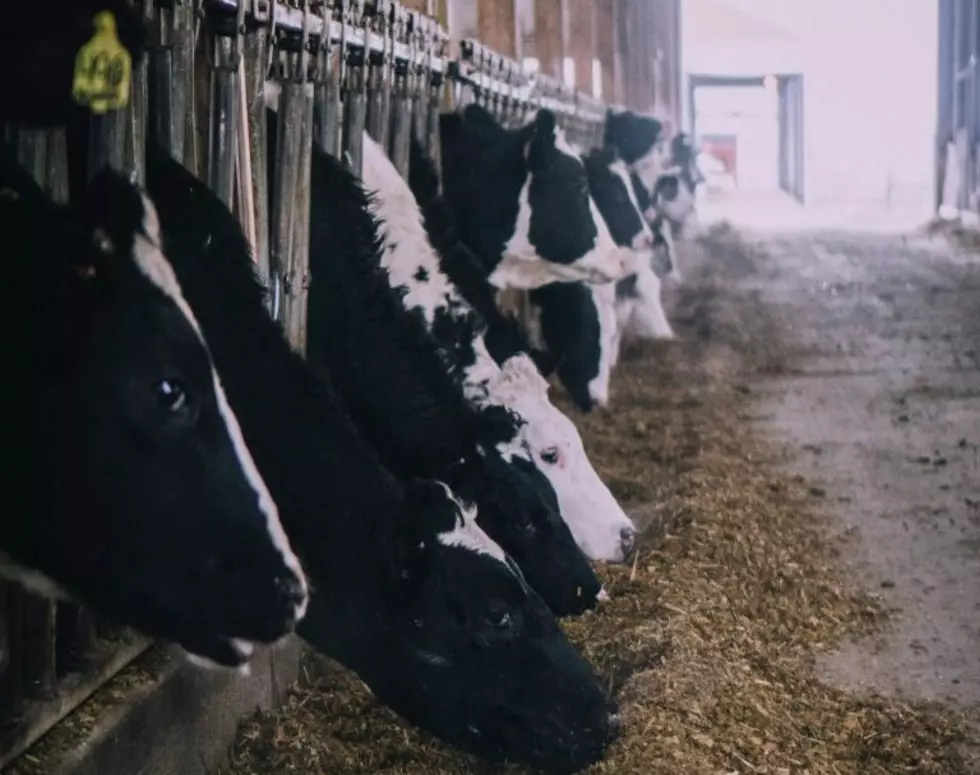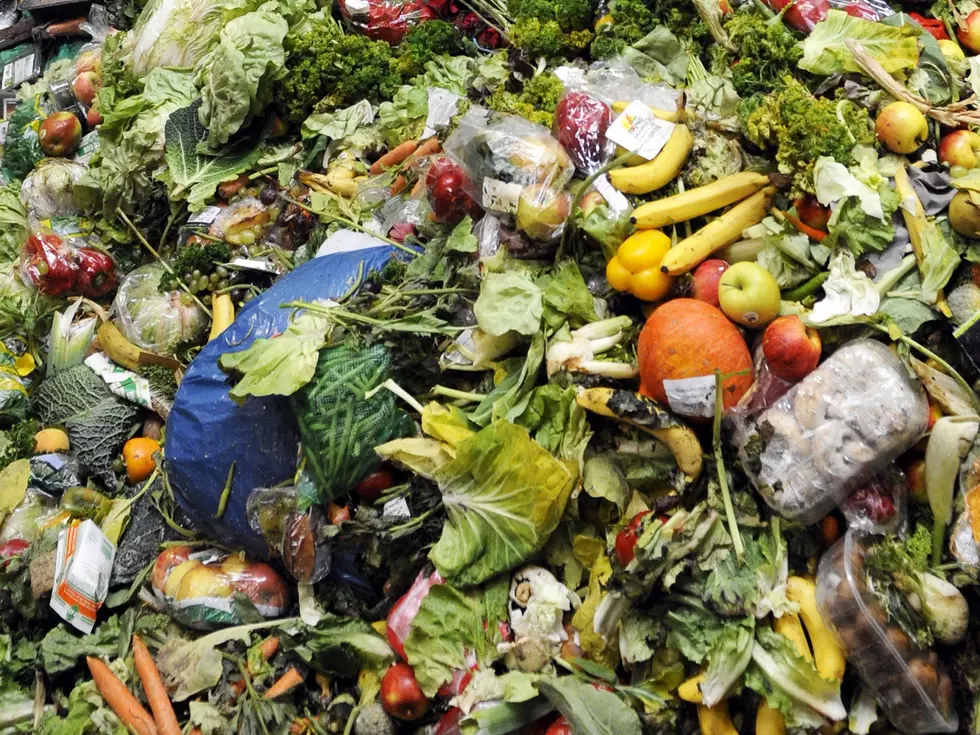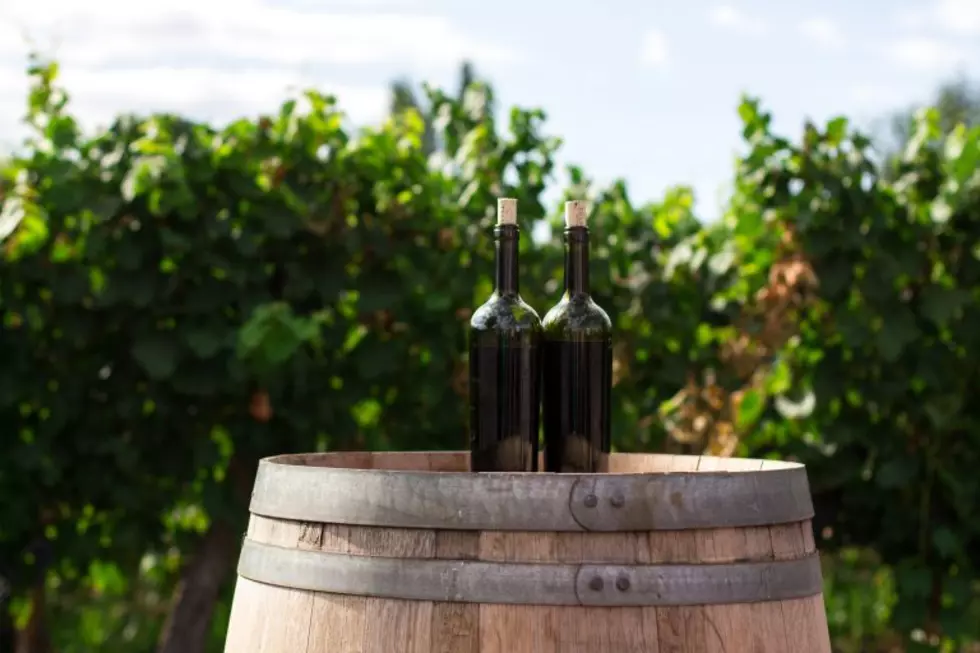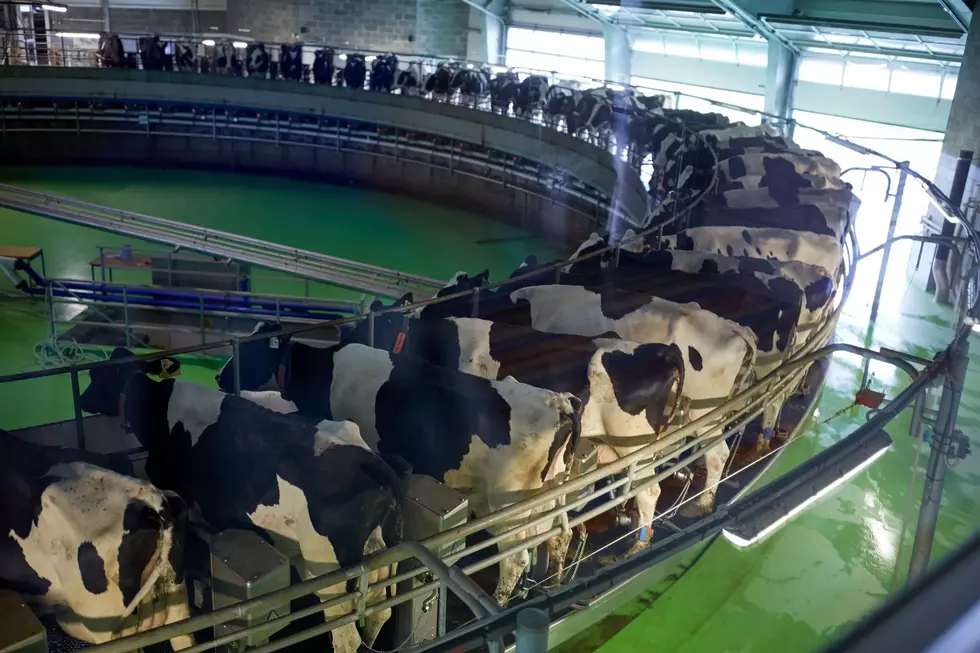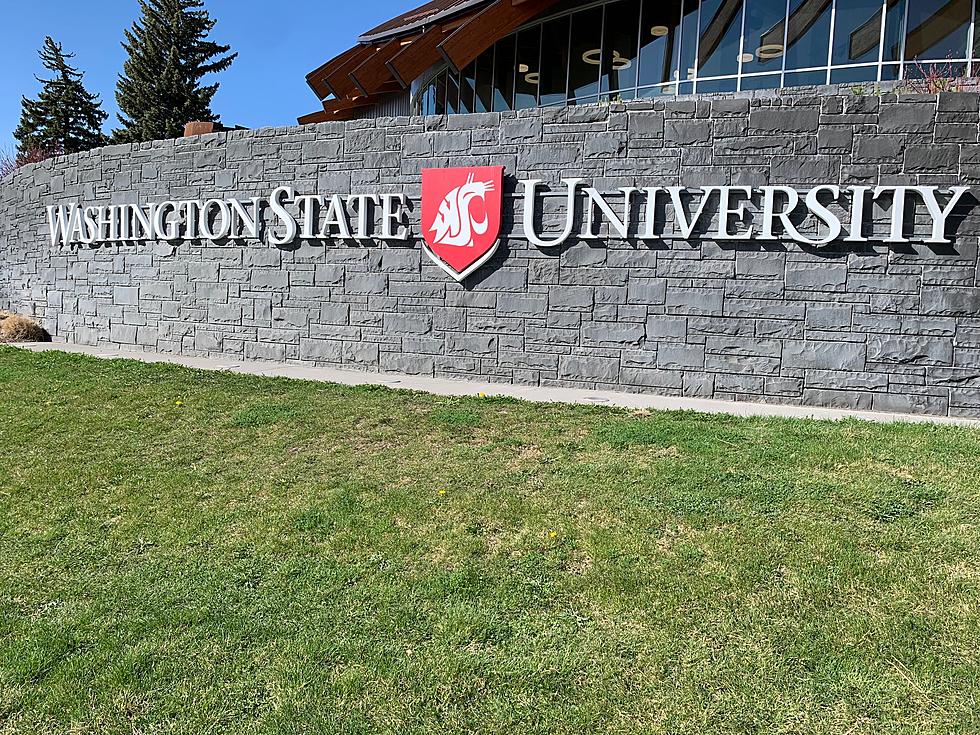
Decline In Plant Breeding Could Impact Food Security, Study Shows
Public plant breeding programs are on the decline across the United States. And according to research conducted by the Plant Breeding Coordinating Committee, that drop in funding and personnel could result in a food system that is less secure.
Kate Evans, a horticulture professor at Washington State University led the research and says plant breeding plays a fundamental part of the long-term food security in the U.S. She added we should never have the false sense of security that nothing will ever change when it comes to the safety of our food.
“New pests, new diseases appear on the horizon annually really, if you think about it. And we know that we are having changing climate issues as well, so we need to be thinking ahead and plant breeding is one of those techniques that enables us to deal with some of these problems as they occur.”
In addition to fewer breeding programs, those running the programs are getting older, with 62% of the current research led by people over the age of 50, and 33% led by someone over the age of 60.
Evans acknowledged the expense and length of research can make breeding programs challenging to fund. But she continued that plant breeders want nothing more than to keep a good supply nutritious, interesting food for consumers.
“We don’t want to see the diversity of the food that is available decrease. We all want to have good, tasty, nutritious things to eat, and that’s fundamentally where we’re coming from.”
Click Here to read the entire report conducted by the Plant Breeding Coordinating Committee.
If you have a story idea for the PNW Ag Network, call (509) 547-1618, or e-mail gvaagen@cherrycreekmedia.com
More From PNW Ag Network


